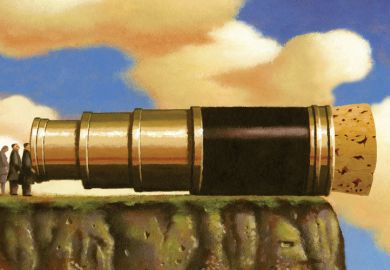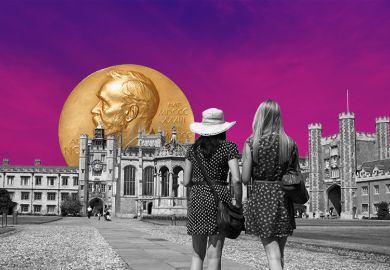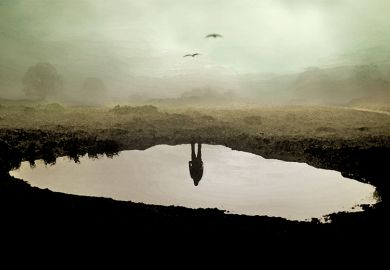As the new academic year begins, we are reminded that education is not merely about attending classes or completing assignments – it is about embarking on a journey of personal and collective growth. Every year represents a fresh opportunity for students, educators and leaders alike to renew their sense of purpose, adapt to emerging challenges and contribute to the betterment of society.
This new beginning brings with it the chance to ignite curiosity, inspire creativity and foster resilience, both in our academic pursuits and in our wider communities.
The past few years have shown us that resilience is no longer optional – it is essential. Students entering this academic year are navigating an era marked by constant change and unpredictability. For them, resilience is not just about bouncing back but also about forging ahead, equipped with the tools needed to adapt and grow.
Educators’ and leaders’ roles are to provide the support systems necessary for students to thrive. This means creating environments where learners are encouraged to ask questions, to experiment and, most importantly, to fail and try again. Resilience is nurtured through this process of learning, unlearning and relearning. As students overcome academic and personal challenges, they develop the kind of strength that will serve them for life.
Curiosity, meanwhile, is at the heart of education – a drive to understand the world around us and our place within it. It is the foundation of both personal development and societal progress. And it is not confined to the classroom. It is a mindset that we must cultivate throughout our lives, guiding us to ask better questions and to seek out new knowledge that challenges our assumptions. This mindset allows individuals to grow continuously, ensuring that they remain adaptable and innovative in the face of change.
Leaders, too, must remain curious. In an era of rapid technological, environmental and social shifts, curiosity fuels the creative solutions needed to address complex challenges. It inspires us to look beyond the present and imagine new possibilities.
While curiosity drives individual growth, inclusivity and support ensure that every learner has the opportunity to reach their full potential. Education does not exist in isolation – it is shaped by the relationships we build with one another and the communities we serve.
Creating truly inclusive learning environments requires us to recognise and embrace the diverse backgrounds and perspectives of all students. This is particularly important in Canada as we continue to advance efforts towards reconciliation with Indigenous communities and other historically marginalised groups. Inclusive education is about more than providing access; it is about creating spaces where every student feels valued, heard and supported.
Education does more than shape individual lives – it transforms entire communities. Knowledge generation is not just about theory; it is about finding local solutions to global problems. Northern communities, for instance, hold unique insights into issues like sustainability, environmental stewardship and community health. By collaborating with local leaders, students and researchers, we can build capacity and share knowledge that drives both local and global change. As leaders, we must ensure that the knowledge generated in our institutions is shared widely, acting as a catalyst for progress.
Authentic leadership requires us to remain adaptable and open to new ideas, continuously learning from those around us. This kind of leadership fosters a culture of inquiry and innovation, where students and faculty are encouraged to experiment, challenge assumptions and pursue excellence. It is this environment that ultimately drives the positive change we seek – both within our institutions and in the broader world.
The start of a new academic year offers us all a moment of reflection. It reminds us of the transformative power of education to spark curiosity, build resilience and drive positive change. As we look ahead, let us approach this year with optimism, ready to embrace both the challenges and opportunities that come our way.
In this era of rapid change, education remains our greatest tool for fostering growth – both within ourselves and in the communities we serve. Let us commit to igniting curiosity, inspiring creativity and leading change, ensuring that we not only adapt to the future but actively shape it.
Rahim Somani is vice-president, finance and administration, at the University of Northern British Columbia.
Register to continue
Why register?
- Registration is free and only takes a moment
- Once registered, you can read 3 articles a month
- Sign up for our newsletter
Subscribe
Or subscribe for unlimited access to:
- Unlimited access to news, views, insights & reviews
- Digital editions
- Digital access to THE’s university and college rankings analysis
Already registered or a current subscriber? Login








